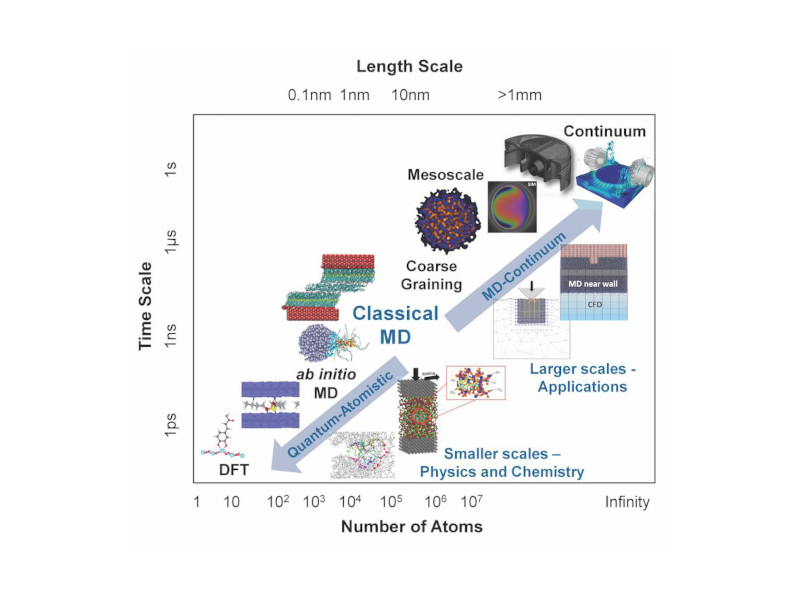Computer simulations are becoming increasingly prevalent in training departments throughout industry. With organizations placing greater importance on training and stretching dollars, computer simulations are emerging as an integral part of skill development in training programs. Simulations can be used for a variety of purposes, from analyzing the behavior of systems and showing how equipment ...
Computer simulations are becoming increasingly prevalent in training departments throughout industry. With organizations placing greater importance on training and stretching dollars, computer simulations are emerging as an integral part of skill development in training programs.
Simulations can be used for a variety of purposes, from analyzing the behavior of systems and showing how equipment works, to teaching a specific set of skills. This article examines some of the advantages of skills training with computer simulations, and guidelines for choosing simulation based software for your training program.
Computer simulation advantages
Training with computer simulations offers myriad benefits that can improve the efficiency of your people and your plant. Compared to traditional training methods such as textbooks or videos, computer simulations can provide learners with practical, hands-on experience that greatly increases skill learning and understanding.
Training on real equipment provides hands-on learning, but it’s not always a practical approach. For example, training an entire maintenance staff to troubleshoot malfunctions on real equipment requires costly downtime and is an inefficient allocation of time and resources. Using simulation-based training software, learners can develop skills on realistic replications of equipment and transfer those skills to real equipment.
Safety in the workplace is an essential aspect of any type of training. Computer simulations provide a safe way to teach important safety practices and procedures. Simulation allows learners to make mistakes — and to learn from those mistakes — without risking an injury to themselves or others.
Choosing training software
Choosing the right simulation-based training system can present problems and can undermine your training if the simulation is not up to par. When selecting simulation-based training software, consider these important factors:
Realism — For simulation-based software to be an effective training tool, it needs to be realistic. Trainees must be able to interact with the simulation the same way they would with real equipment. A good simulation accurately reflects possible scenarios in a lifelike environment, and provides the user with the same tools as they would have on the job. The more realistic a simulation is, the easier it will be for your staff to transfer their learned skills directly to the workplace.
Feedback — An often overlooked aspect of simulation training is the positive impact that interactivity and real-time feedback can have on the learning process. Directly engaging the user with interactive learning is what makes simulation training so valuable and sets it apart from other types of training. High quality software provides continuous feedback, responding accurately to the user’s interaction with the simulation. Feedback features you should look for include safety warnings, hints for improving processes, tips for developing better techniques or instructive responses when answering questions.
Evaluation — Evaluation is an integral part of any learning process, and training with simulations is no different. In addition to scoring, tracking and reporting user progress, the software should include an evaluation system at the end of an activity or exercise, allowing them to focus on aspects that need the most work. This not only lets your staff see their development and improvement, it also saves the instructor’s time.
The goal of any training program is to improve the skills your staff must use on the job. Simulation-based training software can help achieve these goals by providing effective and valuable skill development.
Training with computer simulations allows learners to make mistakes, and to learn from those mistakes, without risk of injury to themselves or others.
| Author Information |
| Warren Rhude is president of Simutech Multimedia Inc. He has an extensive background in electrical maintenance and training at a prominent electrical utility. |



